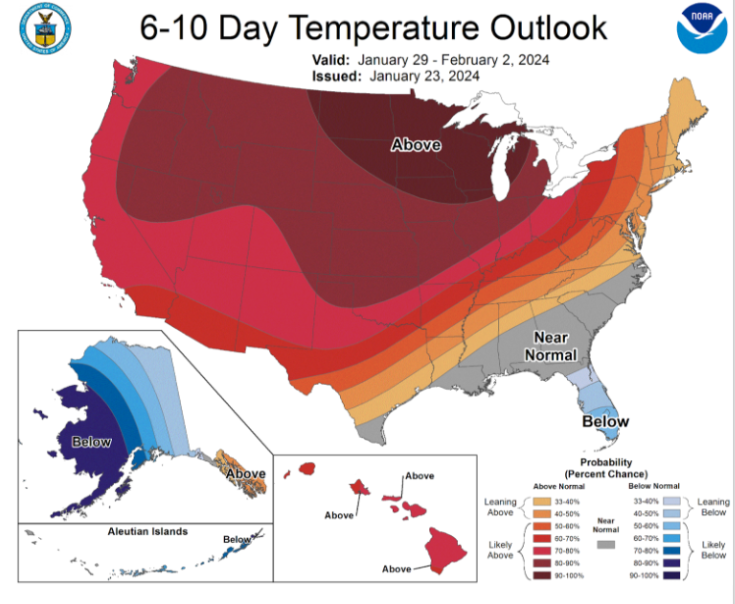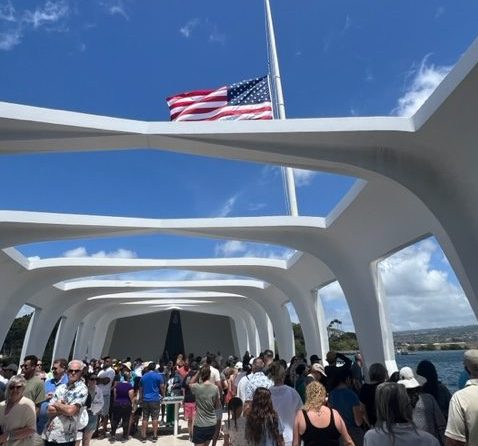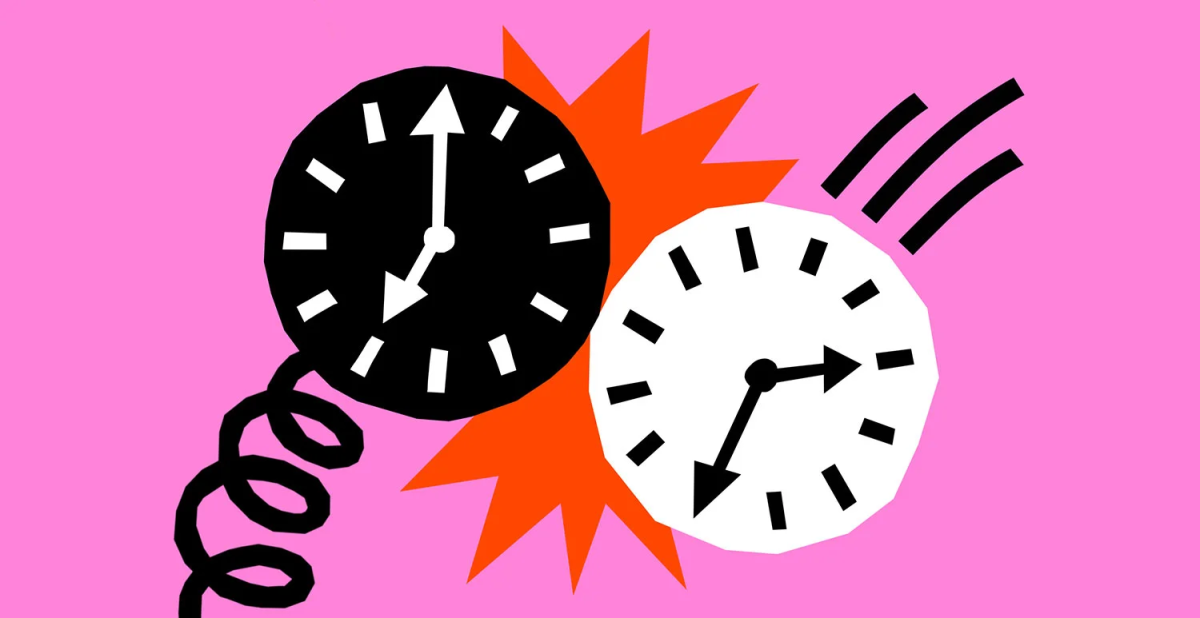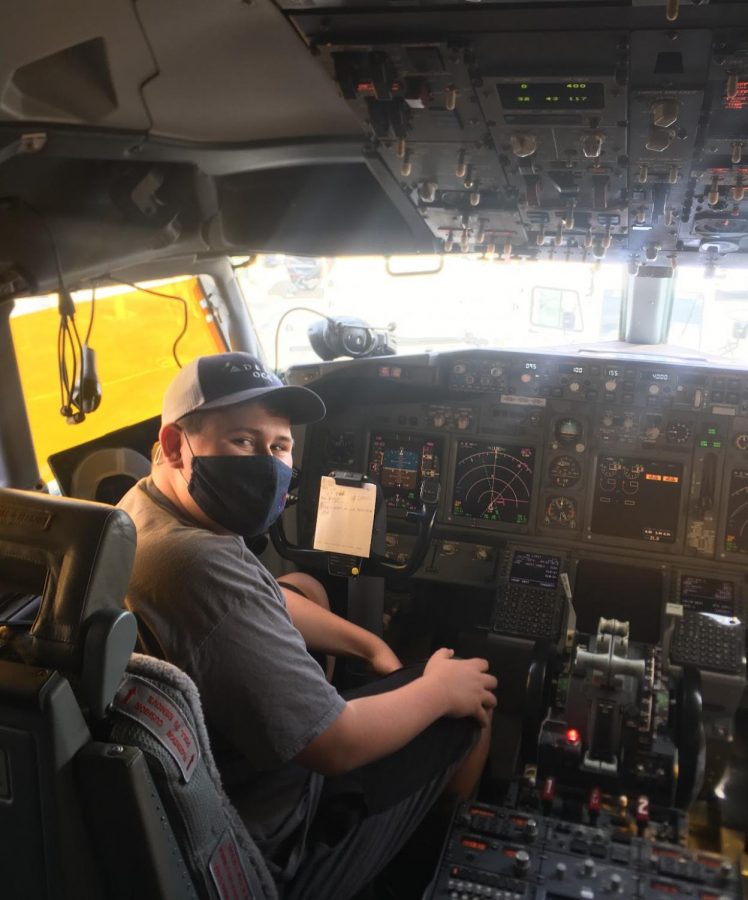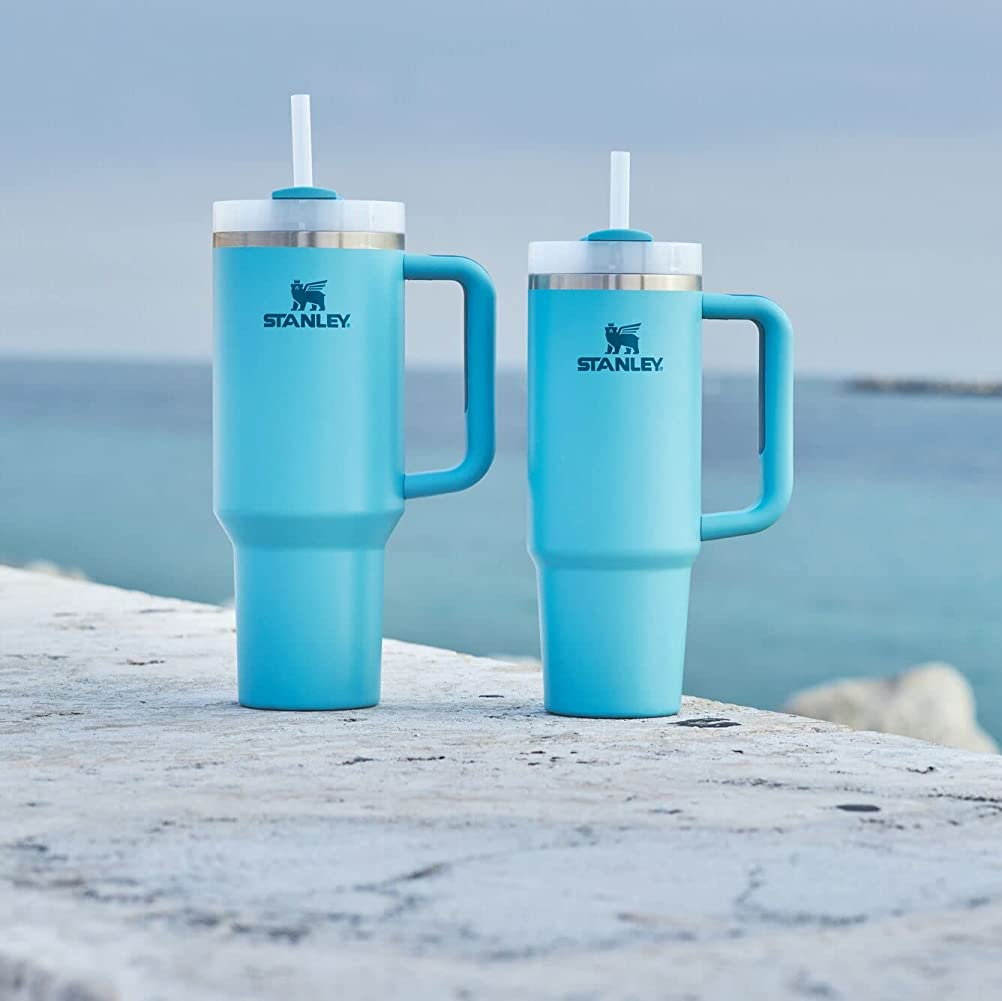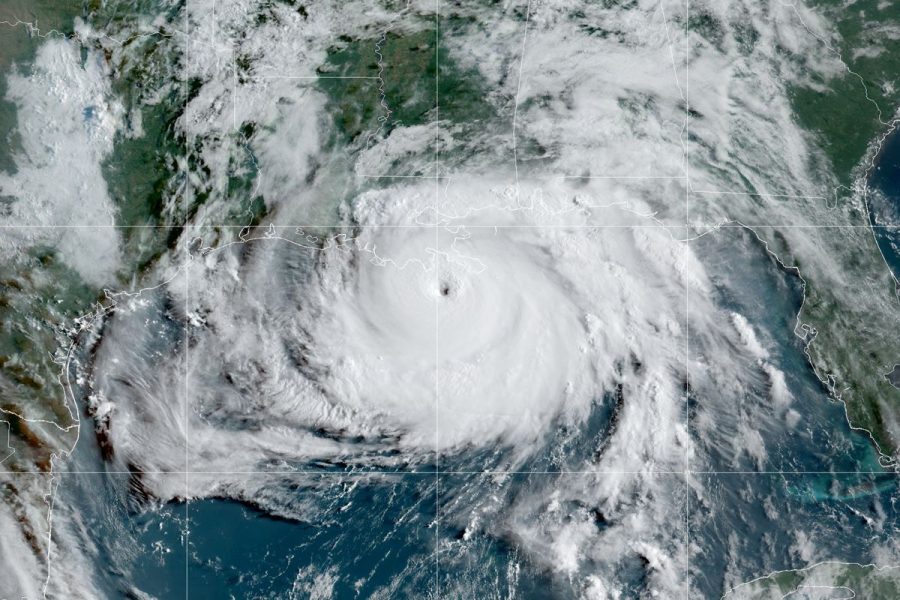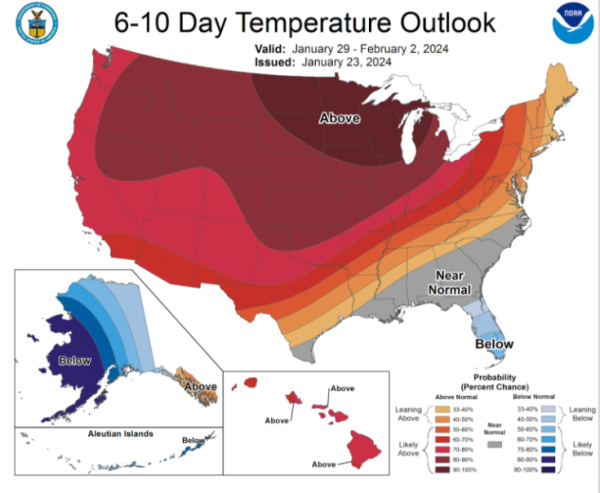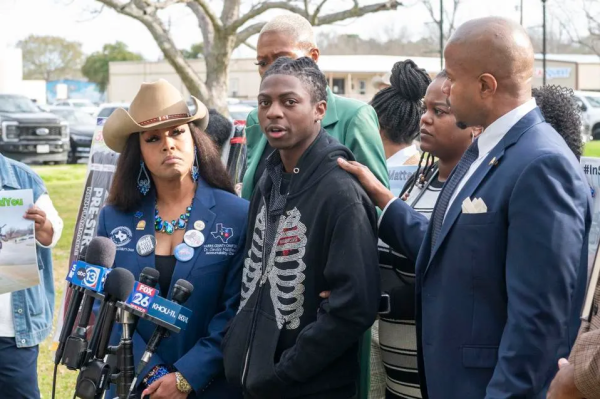2020 Breaks Another Record as the Most Active Atlantic Hurricane Season Ever
December 1, 2020
Your average Atlantic hurricane season consists of 12 named storms, six hurricanes, and three major hurricanes. Major hurricanes are hurricanes that are category 3 or higher. The 2020 Hurricane season has had 30 named storms, 13 hurricanes, and 6 major hurricanes. That’s double the average amount of storms and hurricanes you would expect. With these numbers, the 2020 Hurricane season has officially become the most active hurricane season on record. How has this happened you may ask. Well, here’s how 2020 has had the most active hurricane season.
The first two storms of the year occurred before the season’s official start, June 1st, during May. Their names were Tropical Storm Arthur and Tropical Storm Bertha. On September 18, 2020, Tropical Storm Wilfred formed which meant that the 21-names list for Atlantic storm cyclones was completely used up and that led to the usage of the Greek alphabet for the rest of the storms which was only the second time in history. So far 9 names have been used with Iota being the latest one. For information about all the storms that occurred and what they did during the season, visit this link to know more: 2020 Atlantic Hurricane Season Fast Facts
Some notable storms are Laura, Delta, Eta, and Iota. Hurricane Laura and Delta made landfall in the same area (southwest Louisiana) as each other, barely six weeks apart. Hurricane Laura was a Category 4 that hit the US on August 27th with sustained winds up to 150 mph becoming one of the strongest storms to make landfall on the US. Hurricane Delta was a Category 2 storm. Hurricane Iota was a category 5 storm heading towards Nicaragua and became a Category 4 storm with sustained winds up to 155 mph when it made landfall there. Two weeks before Category 4 Hurricane Eta struck in nearly the same place that Hurricane Iota hit.
November 30th was the last day of the 2020 Atlantic Hurricane season. Though Iota was the last storm in the season, many say that there could be more tropical storms after the season and in the coming weeks. Even though the Hurricane season might be over, many communities are still in shock from the hurricanes. Especially in places like Lousiana, where Hurricanes Laura and Delta hit, and Nicaragua where major hurricanes Eta and Iota struck. In Nicaragua, thousands of people evacuated due to landslides and floods caused by the two hurricanes. It is estimated that there will be 41 billion dollars of damage caused by the 2020 hurricane season and the loss of hundreds of lives.
I interviewed a Coast Guard officer about his experience in aiding victims of Hurricane Eden.
Questions:
-
How long have you been in the Coast Guard?
-
Coast Guard officer: I have been in the Coast Guard for about 3.5 years.
-
-
Where were you when the hurricane season started? At sea or home?
-
Coast Guard officer: When hurricane season started, I was at home for probably half the season. We go out to sea for 2 months and then home for 2 months.
-
-
What were your initial thoughts about the hurricane season? Did you think it was going to be a normal season or that it was going to be unusual?
-
Coast Guard officer: I definitely thought this hurricane season would be worse than any of the past hurricane seasons due to climate change.
-
-
How was your experience with hurricane Eden? How do you feel about it? What were/are your feelings and thoughts while aiding the hurricane survivors?
-
Coast Guard officer: Hurricane Eden was a new experience for me being on a big coast guard cutter. Our primary mission is law enforcement and search and rescue, so on our way home from our 2-month long deployment, hurricane Eden hit Honduras, and we were the closest asset (boat) to respond. Of course, we were going to help with humanitarian relief. We took an initial look at the damage the hurricane has done so we can get the word out that the people needed more help. We had a helicopter on board my boat, and we did a couple of medivacs and saved some people. But since we were out for 2 months already and were low on food and fuel ourselves we needed to be relieved. So we spent about a week on the scene, and then we got relieved by other boats, and we got to go home.
-
Experts predict that future hurricane seasons are going to become more active and dangerous. They say that the cause for the strengthening of these storms is the increase in greenhouse gases like carbon dioxide and methane. Climate change is not only affecting us through temperature or rising sea levels but also natural disasters like wildfires and hurricanes. Though we may be on the other side of the United States, far away from the hurricanes, we can still feel the impact of them. Happy holidays Riverhawks!
Key:
Hurricane: According to the NOAA, a hurricane occurs when a storm’s maximum sustained winds reach 74 mph.
Cutter: Identifies a Coast Guard vessel 65 feet in length or greater, with accommodations for a crew to live aboard.
Sources:
https://www.nbcnews.com/news/us-news/record-setting-2020-atlantic-hurricane-season-ends-n1249014
https://www.cnn.com/2020/05/11/us/2020-atlantic-hurricane-season-fast-facts/index.html
https://www.cnn.com/2020/11/30/weather/record-breaking-atlantic-hurricane-season-wrap-up/index.html
https://www.washingtonpost.com/weather/2020/11/30/record-hurricane-season-2020-ends/


